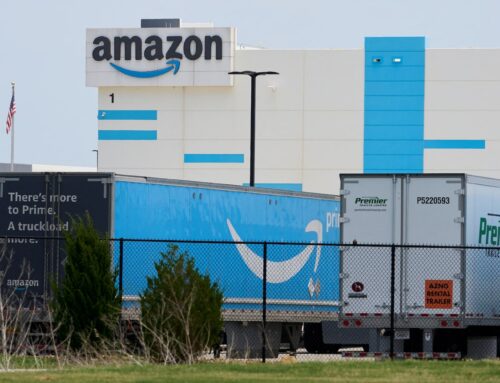Medical cannabis should be on the legislative agenda
November 25, 2025
The incident at Angola High School involving a teacher who allegedly left THC gummies out in her classroom is troubling on its own terms. No policy framework excuses an adult leaving edibles where students can reach them, but prosecutors will sort out the facts. The episode also reflects a larger reality Indiana continues to ignore: Cannabis is already here, already used by adults across state lines and already shaping the daily lives of Hoosiers.
It is time for the Indiana General Assembly to begin the process of legalizing medical cannabis for adults, regulating hemp-derived intoxicating products that are already for sale and beginning an honest study and debate about normalizing recreational purposes. This is an endorsement for engagement, because kicking this issue down the road has done nothing but cause confusion.
One would think that bordering Michigan, Ohio and Illinois — all operating regulated cannabis markets — would have pushed Indiana lawmakers to move years ago. In those states, cannabis is tracked from seed to sale. Products are potency tested, labeled, barcoded, packaged in child-resistant containers and governed by clear rules for storage and transport.
Indiana, by contrast, clings to criminalization while allowing a gray market in hemp-derived THC products to flourish in gas stations and smoke shops with only uneven oversight. The result is a contradictory system in which the state with some of the strictest penalties for THC offers some of the least consistent protections for consumers.
This mismatch matters because regulation reduces harm. National data from the long-running Monitoring the Future survey shows adolescent marijuana use at historic lows, with declines among 8th, 10th and 12th graders since legal states began regulating cannabis a decade ago. Compliance checks in legal markets show high ID-verification rates, with licensed retailers in multiple states consistently refusing sales to minors. Regulated stores are also required to test products, follow manufacturing standards and label potency and dosage. These are basic consumer protections Indiana simply does not provide.
Outside narrow CBD rules, Indiana has no system for monitoring intoxicating THC products. As Paul Armentano, deputy director of the National Organization for the Reform of Marijuana Laws, noted in a February op-ed in this newspaper, prohibition leaves Indiana with an opaque market that does not check IDs, does not test products and is not accountable to any standards.
At the same time, thousands of Hoosiers buy their cannabis legally in Michigan, Illinois and Ohio and bring it home. Indiana’s refusal to regulate cannabis is also allowing the exportation of consumer dollars to neighboring states.
The Angola case is not an argument against legalization. If anything, it is an argument against pretending prohibition keeps Hoosiers safe. When neighboring states sell clearly labeled, sealed, regulated doses and Indiana refuses to offer any comparable structure, the risks rise, not fall.
The next legislative session begins in January. We hope legalizing medical marijuana will be on their agenda.
Search
RECENT PRESS RELEASES
Related Post



